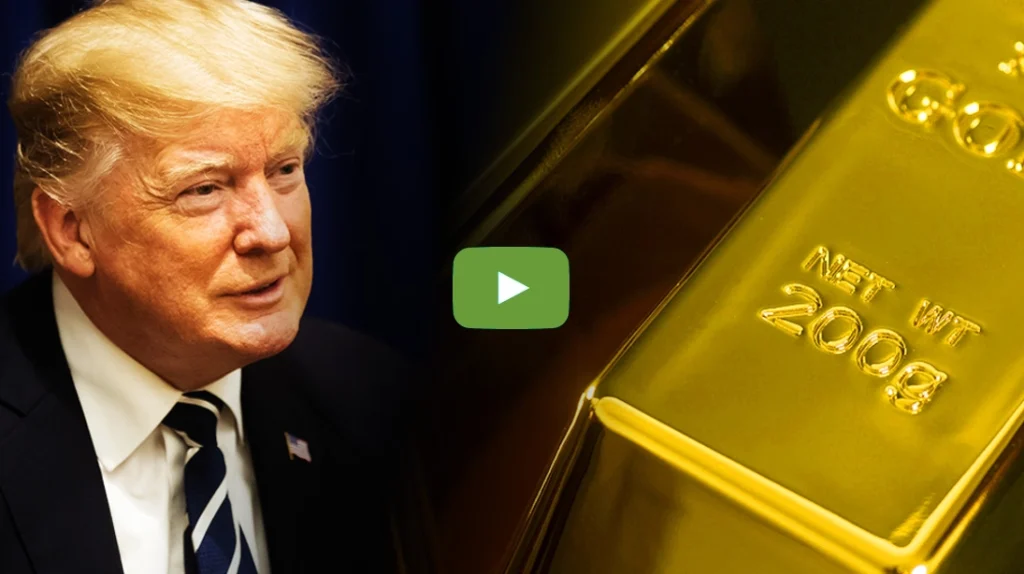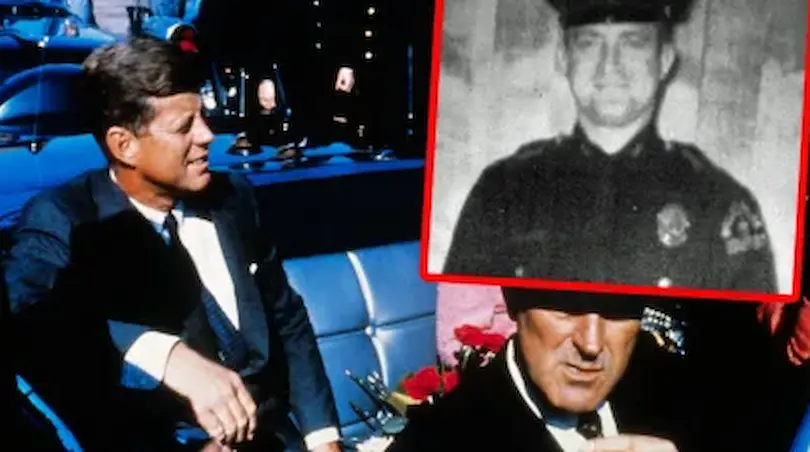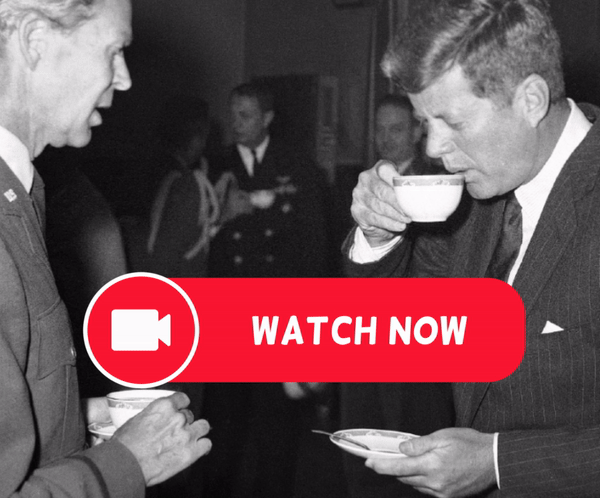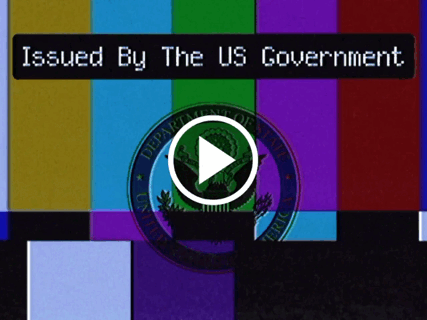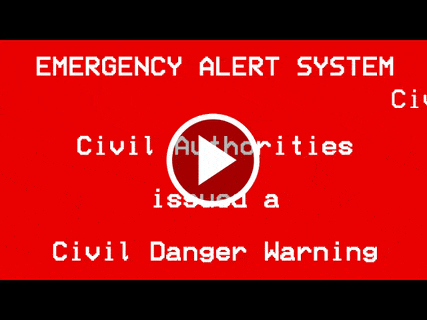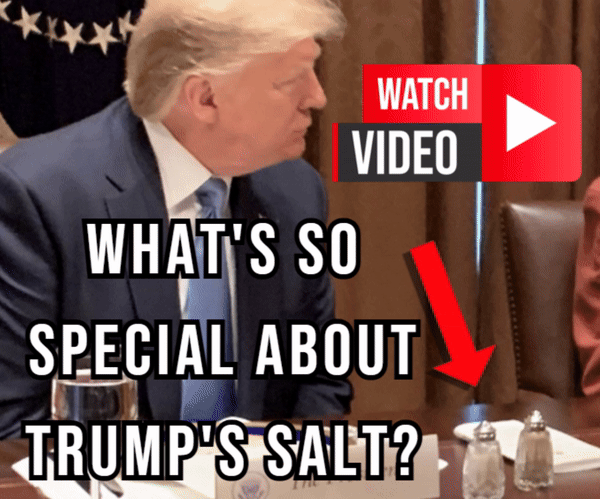This piece unravels the intricacies of America’s foreign interventions, examining the dark nexus between the Central Intelligence Agency (CIA), defense contracting industry, and covert wars that shaped the global political order. At the center of it all lies an enduring mystery – the assassination of President John F. Kennedy. The evidence suggests a connection between his killing and the escalation of the Vietnam War, sparking a chain of events that paved the way for a lucrative industry of defense contracting and a grim pattern of secret operations.
In the world of defense contracting, a specific date echoes through the history, reverberating with conspiracies, theories, and contentious debates – November 22, 1963, the day President John F. Kennedy was assassinated. The widely held narrative puts the blame squarely on the shoulders of Lee Harvey Oswald, a defector who crossed the Iron Curtain, only to mysteriously return to the United States. Yet, the logical simplicity of this story leaves many skeptical.
The Enigma of JFK’s Assassination: A Catalyst for War?
The infamous “magic bullet” theory, posited by the Warren Commission, seemed to shatter the laws of physics, suggesting a single shooter was responsible. Yet, an official memo, titled “Countering Criticism of the Warren Report”, was put out by the Central Intelligence Agency (CIA). Many pondered the need for such a memo – unless there was more to the story than the public was allowed to know.
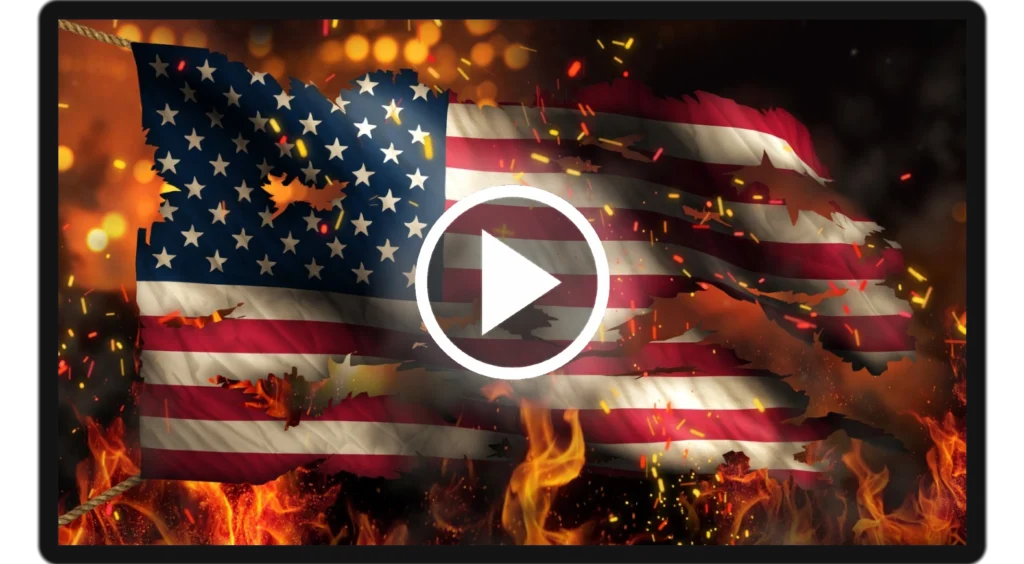
Let’s examine the sequence of events. Barely two months before JFK’s tragic demise, the then Secretary of Defense, Robert McNamara, endorsed the withdrawal of American troops from Vietnam during a classified meeting. President Kennedy was in agreement. Coincidence, or a reason for those who sought to escalate the war, to eliminate him?
In attendance at that secretive gathering was McGeorge Bundy, a member of the secretive Skull and Bones society. The society had another notable member – George H.W. Bush, then CIA Director, and subsequently the 41st President of the United States. Bush’s association with JFK’s assassination has been a subject of much intrigue.
Averell Harriman, yet another Skull and Bones society member, had three months prior, staged a coup in South Vietnam and orchestrated the assassination of South Vietnam’s President without Kennedy’s authorization. The ramifications of his actions led to escalated Viet Cong attacks, a series of subsequent South Vietnamese governments, and a region teetering on the brink of chaos.
Kennedy’s decision to withdraw troops remained unknown to the North Vietnamese, who perceived him as a firm opponent after the Cuban Missile Crisis. The sudden transition to Lyndon Johnson, inexperienced in international matters, may have been interpreted by the North Vietnamese as a shift in American commitment to the war.
Deeper Into The Rabbit Hole: The Vietnam War And The ‘Golden Triangle’
However, Kennedy’s assassination changed everything. The North Vietnamese Politburo, engrossed in a heated debate on the future of South Vietnam on the very day of JFK’s assassination, saw the hardliners win. Johnson, the new president, kept all of Kennedy’s foreign advisors, and under their advice, America’s stance on Vietnam altered dramatically.
Johnson’s first action was to authorize the CIA-led OPLAN 34-A, a program of commando raids against North Vietnam. Less than a year later, this led to the Gulf of Tonkin incident, the catalyst for America’s full-scale engagement in the Vietnam War. The troop numbers increased from 16,000 under Kennedy to 23,000 under Johnson in just one year post-assassination.
This begs the question – was the real agenda behind JFK’s and Diem’s assassinations to draw the United States and North Vietnam into an escalating war?
But what could possibly be the motive?
Follow the money, as they say. There were immense profits to be garnered by corporate giants from a war that cost over 1,353,000 lives. Defense contractors, manufacturers of chemical warfare agents, aircraft, helicopters, and other war materials, all profited immensely from the prolonged conflict.
Besides these, profits also lay in the “Golden Triangle”, adjoining Vietnam. In the clandestine war in Laos, the CIA collaborated with General Vang Pao to transform the nation into the world’s largest exporter of heroin.
Must See–>The Big Lie Uncovered: How the CIA’s Hidden Involvement in the Drug Trade Fuels America’s Unending Drug Crisis!
Southeast Asia became the primary supplier of raw materials for the United States’ heroin market.
Heroin production dramatically dropped after America’s withdrawal from Vietnam, but not before substantial damage had been inflicted on American society.
The Opium Production: A Hidden War On American Society
Vietnam, however, was not an isolated case. In South America, the CIA has been implicated in coups, assassinations, arms trafficking, and drug smuggling. Afghanistan also fell under their influence. Before the American invasion, the Taliban had almost eradicated opium production. Yet, post-invasion, opium fields were flourishing, indicating the hidden motives behind the war.
The opium production, however, had dire consequences on American society. Soldiers returned with physical and psychological problems and often turned to drugs. The so-called War on Drugs, ironically launched during the Vietnam War, resulted in a surge of incarceration for drug offenses, marking a sad irony for the “land of the free and the home of the brave”.
Meanwhile, defense contractors continue to profit from conflicts around the globe. Companies like Northrop Grumman, Lockheed Martin, and Boeing amass large sums of taxpayer dollars, while ordinary Americans struggle with issues like foreclosure.
The War on Drugs, much like the War on Terror, seems to be a war on the American public.
As a result, not only are the public’s resources siphoned off, but also their hope and spirit.
This sordid tale, woven with deceit and manipulation, casts a long, ominous shadow over the actions of the defense industry and intelligence agencies, and raises urgent questions about transparency, accountability, and the pursuit of peace.
